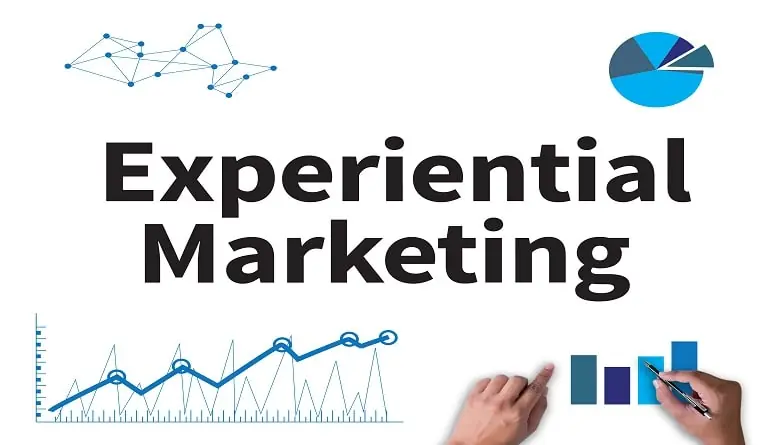Multi-level marketing, also known as network marketing, is a business that’s owned by corporate shareholders or business owner but operated and run by “independent retailers” – individuals or small groups who work as solo salespeople for the company, similar to contractors or franchise owners.
While multi-level marketing (MLM) has been compared to pyramid schemes, there are numerous large and successful multi-level marketing companies that help independent consultants create a career and path to income. Companies with popular customer bases like Avon, Young Living, and Amway are all examples of multi-level marketing companies that work with a network of independent distributors to sell their products to consumers.
While successful multi-level marketing organizations exist and many people have successfully launched their own branch of distribution, there are pros and cons to the multi-level marketing business model. Here’s what to consider before committing to becoming an independent business consultant for an MLM.
Pros:
- Financial independence: Many people invest in becoming consultants for multi-level marketing businesses because it offers them a chance to create extra income. Whether it’s a fulltime job or side gig to help make ends meet, working as an independent retailer for an MLM company can help make end meet, provide retirement savings, or allow for greater overall financial flexibility.
- Adaptability: MLM companies offer their business consultants the kind of flexibility that more and more people want – the ability to set their own work hours and grow their earning potential in direct proportion to the time and effort they are willing to put into their work. This kind of flexible scheduling opportunity, paired with several ways to generate income including sales and recruitments, are a perfect fit for entrepreneur-minded individuals.
- Growth opportunities: Most multi-level marketing companies have some kind of growth hierarchy in place to help consultants understand what they need to accomplish or achieve to earn higher commissions or grow their network. Because consultants can make a percentage of the profits of each person they recruit, they have an opportunity to grow their income and investment in the company in a clear way – something not ever other company can offer.
Cons:
- Upfront financial investment: Most MLM organizations require you to purchase your own inventory to then turn around and sell it through Facebook groups or distribution parties and events. This can increase the risk for sellers, as they are taking on a significant financial burden in order to potentially sell product and they must recoup their investment before they can officially make a profit.
- Limited benefits: Working as an MLM consultant is like working as a contractor or freelancer – there are usually no traditional perks like health insurance or paid vacations. While there is a greater degree of autonomy and flexibility in the MLM structure, some of that does come with a cost and would be considered a negative if people enjoy the stability and traditional benefits of employment.
- Limited support: While many retailers can rely on the expertise and experience of the consultant who recruited them, they are essentially their own boss and must learn a lot on the go, sometimes without much guidance beyond an official onboarding.
The impact of the pros and cons of multi-level marketing will vary – some people thrive on the challenge and enjoy making connections, while others crave more stability and guidance. As an independent business consultant for a multi-level marketing group can help individuals create a flexible career path, but it doesn’t come without some features that might be considered deterrents by some. For those who own and operate MLM organizations, it’s important to make sure that the benefits to potential business consultants are clear and support is provided throughout the process.





